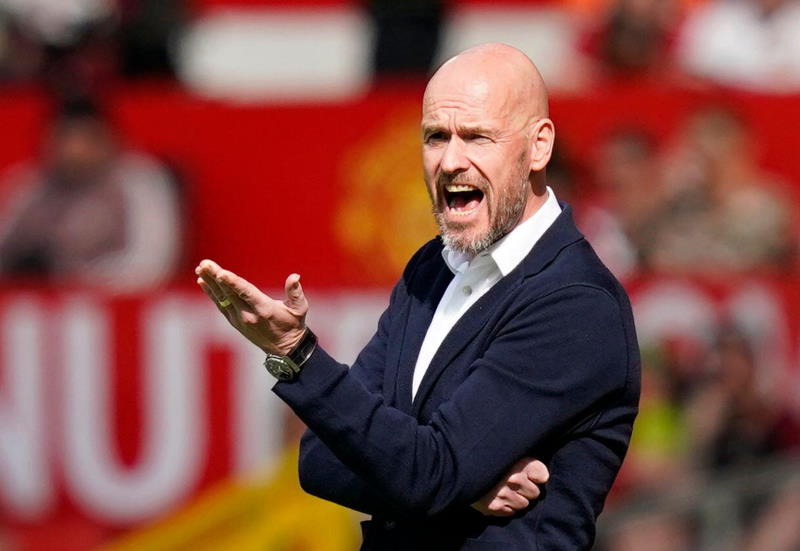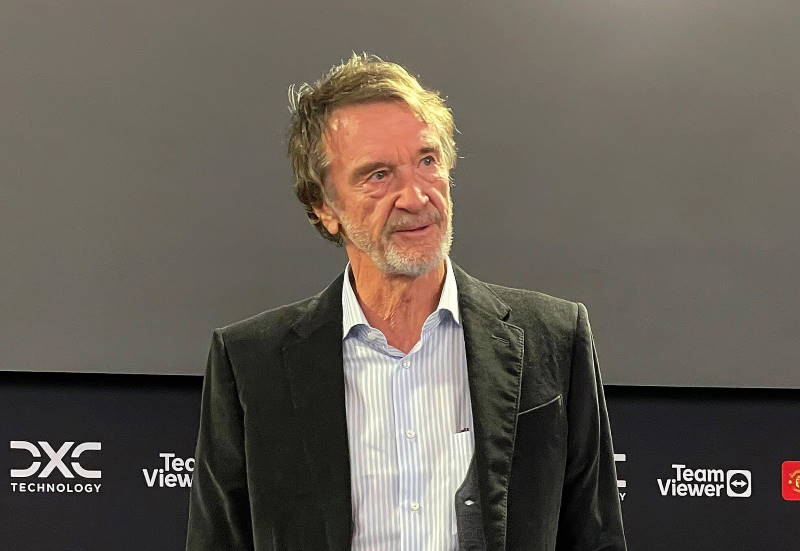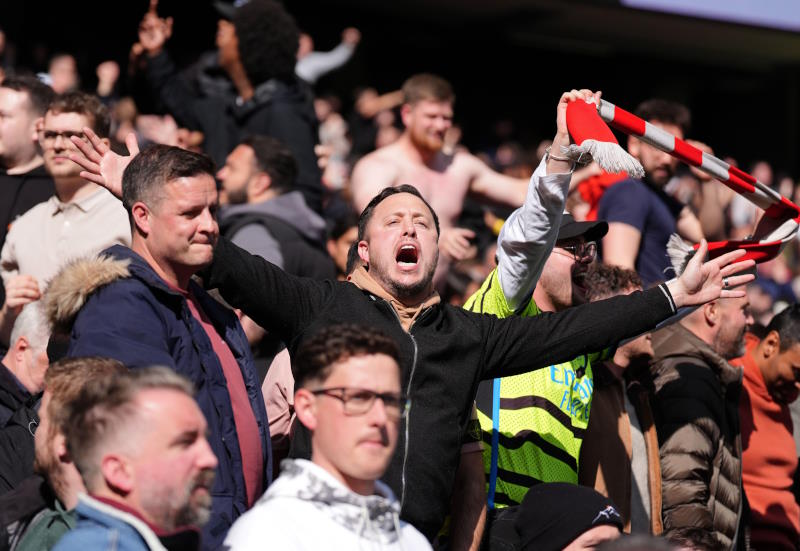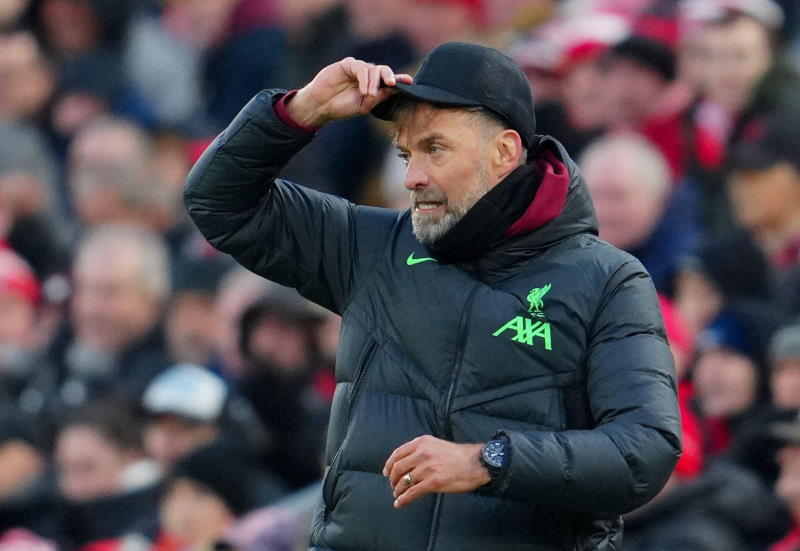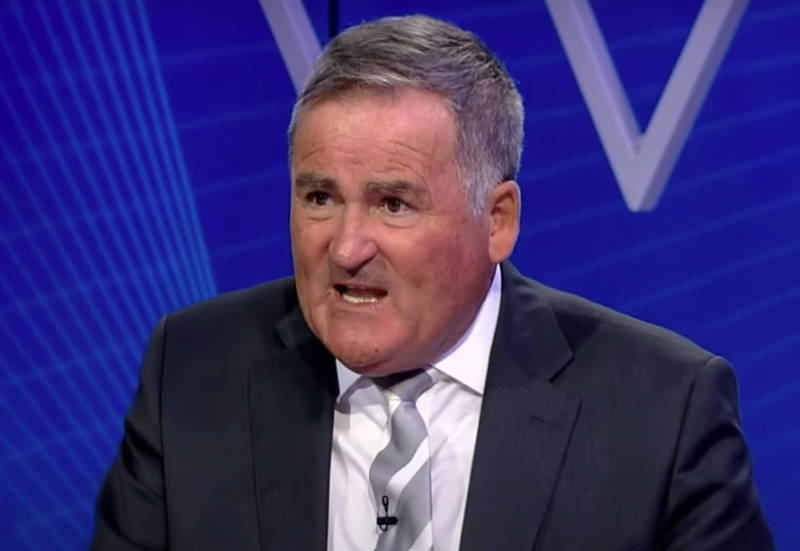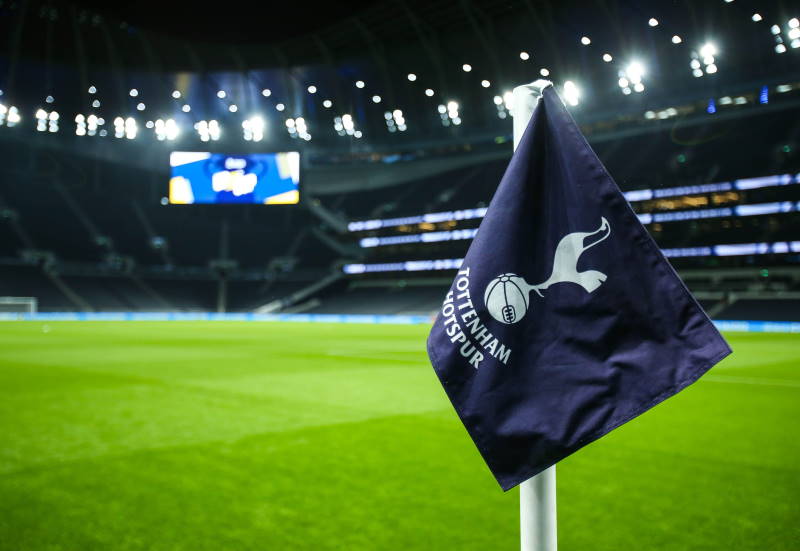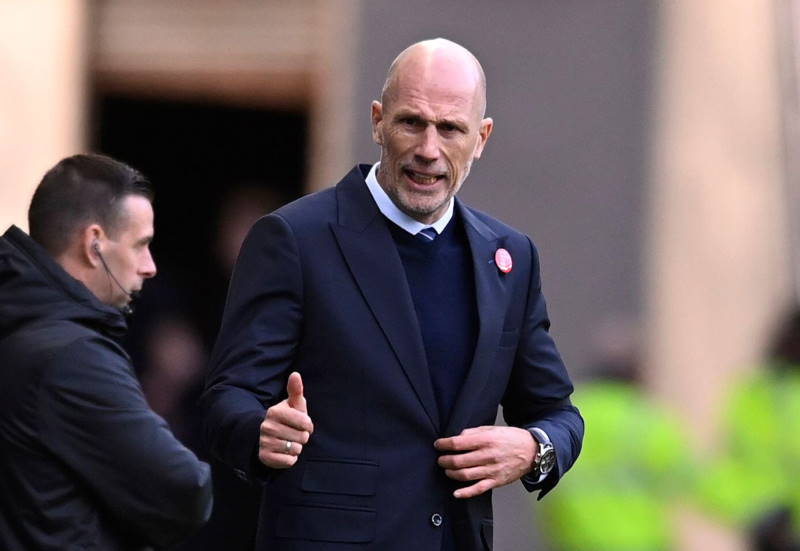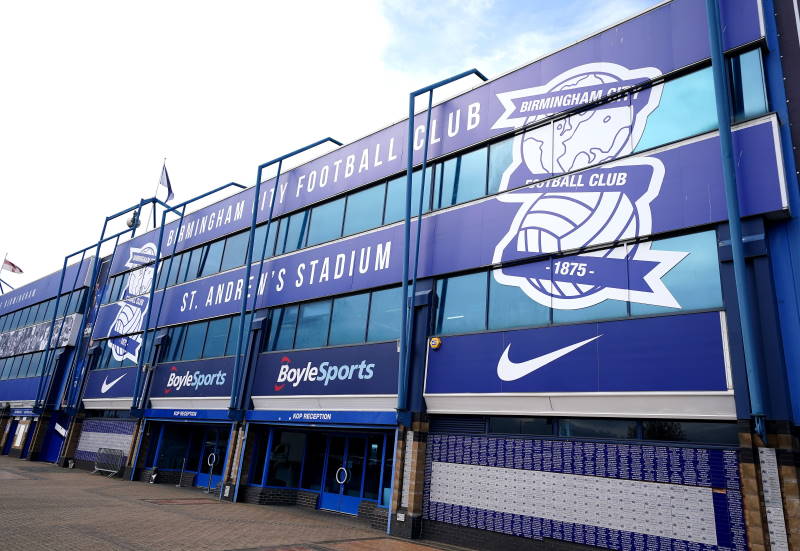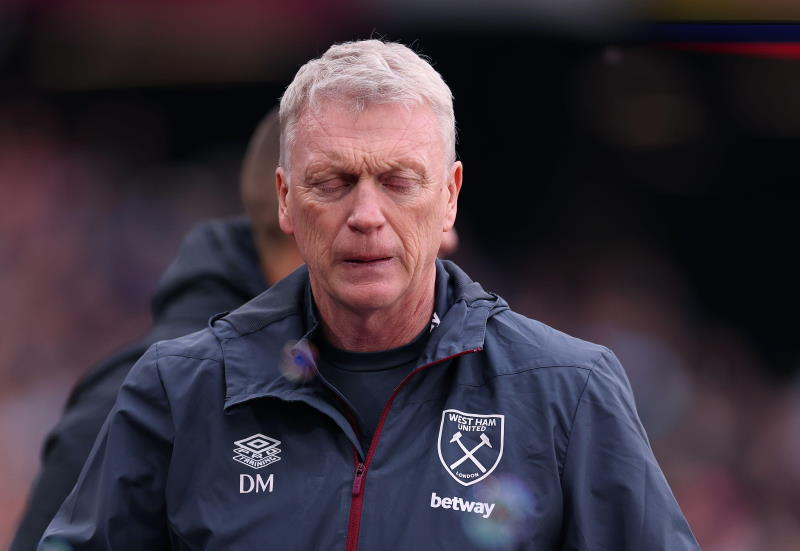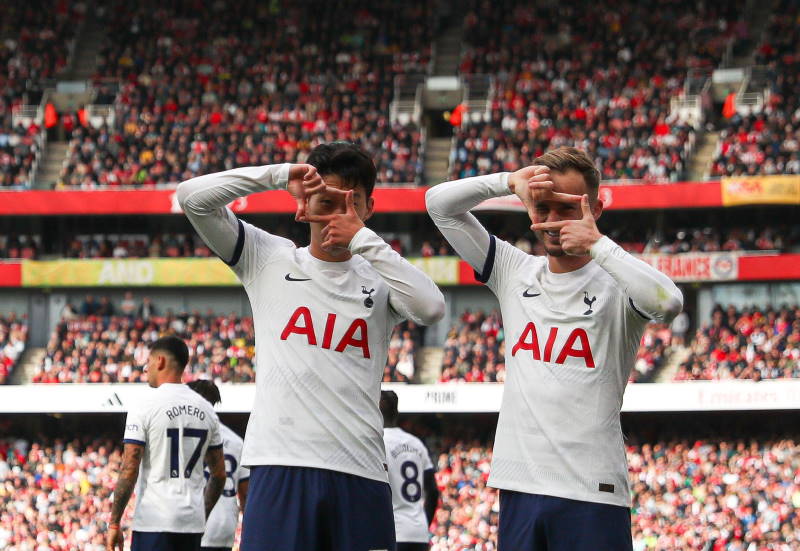
David Mauro
While most Chileans gathered around their television sets Tuesday night to witness the beginning of efforts to rescue the 33 trapped miners, a different story of Chilean resilience was being played out hundreds of kilometres south, in the capital of Santiago.
Union San Felipe, a humble club from a town of 60,000 people, and in their first year of top flight football since 2005, had their own underdog tale to continue. The club’s daunting task, to qualify for the quarter-finals of the Copa Sudamericana, was made even more difficult by the opposition they would have to face: LDU Quito, the defending champions and one of the continent’s most successful clubs of the last decade.
But San Felipe, whose mere qualification for the tournament was a surprise, entered the match seemingly unfazed. “We have nothing to lose,” declared captain Cristian Suarez, a San Felipe native in his first year with the club.
What went unsaid, of course, was how much the small Chilean club had to gain. A result against the Ecuadorian giants, who also won the prestigious Copa Libertadores in 2008, would boost their credibility and help them emerge from the obscurity that half a decade in the second division can bring.
San Felipe’s home stadium was deemed too small for continental competitions by CONEMBOL, so the match took place in the Estadio Santa Laura, the usual home of Santiago’s Union Espanola. Thousands of the San Felipe faithful made the 88 km trip to Santiago, and the red and white flags of the team’s colours were interspersed with banners that read “Fuerza Mineros” (Strength to the Miners!).
Some had deemed it the most important match in the club’s history and, straight from the kick-off, San Felipe played with a sense of urgency that seemed to signal the players agreed. LDU Quito, who had celebrated Ecuadorian domestic title victory nine days prior, appeared almost disinterested.
San Felipe’s 23-year-old Argentine hitman David Distefani gave the Ecuadorians a wake-up call with a 24th minute strike to give the Chileans a 1-0 lead. And just as Quito began to adopt a more attacking style of play, San Felipe added another goal. This time it was Angelo Vildozo, another one of the squad’s seven Argentines (the rest are Chileans), who struck for the upstart underdogs.
Ten minutes before half time, it was yet another Argentine in the shape of Hernan Barcos who converted a penalty to help Quito close to the margin to 2-1. Barcos has excelled since joining the Ecuadorian giants at the beginning of the year, netting 22 goals in 32 domestic matches.
In the 65th minute, San Felipe’s early advantage was erased when Quito’s Carlos Luna sent a rocket past keeper Jaime Bravo. Luna, like his team-mate Barcos, is from the Cordoba province of Argentina and joined Quito earlier this year.
In the Copa Sudamericana, two-legged ties are determined by away goals, and thus this rule made Quito’s second goal a practical invitation to the next round. That is, unless San Felipe could summon some magic in the last 25 minutes and make home advantage count.
Just two minutes following Quito’s equaliser, Vildozo struck again for San Felipe, taking advantage of a defensive mistake by Carlos Espinola; for the next 18 minutes, each club had chances but failed to convert.
With only five minutes to play, San Felipe’s Juan Tolozo sent in a rocket-like shot from 30 yards to give his team a 4-2 lead and a clear lead going into the second leg in Quito. Tolozo, a Chilean who is one of the few San Felipe players remaining from their days in the second division, was the only non-Argentine player to score in the match.
San Felipe’s four goals marked the first time Quito had conceded that many since a September 2008 clash against Boca Juniors in La Bombonera.
Quito manager Edgardo Bauza hounded the referee following the match’s conclusion, embodying a clear sense of frustration that seemed to run through his entire team. The knowledge that a 2-0 victory back home in Quito would render the night’s result practically meaningless did not seem to curb their clear disappointment.
The Sanfelipeños were in pandemonium, enjoying every minute of a continental campaign they know only comes along every few decades. By the time the club-chartered buses filled with supporters rolled back into San Felipe, the first of the 33 miners had been rescued, and another celebration, this one more emotional and patriotic, began.
With the country’s two traditional powers, Colo Colo and Universidad de Chile, eliminated, Union San Felipe have become the de-facto national team of Chile in this Copa Sudamericana. If they can hang on to their two goal advantage next week, they will have eliminated the club that, at least on paper, appears to be by far the strongest of the 16 finalists.
As skipper Suarez said, Union San Felipe still have nothing to lose. But this small town team is beginning to dream big and, as the world knows, miracles sometimes do happen in Chile.

